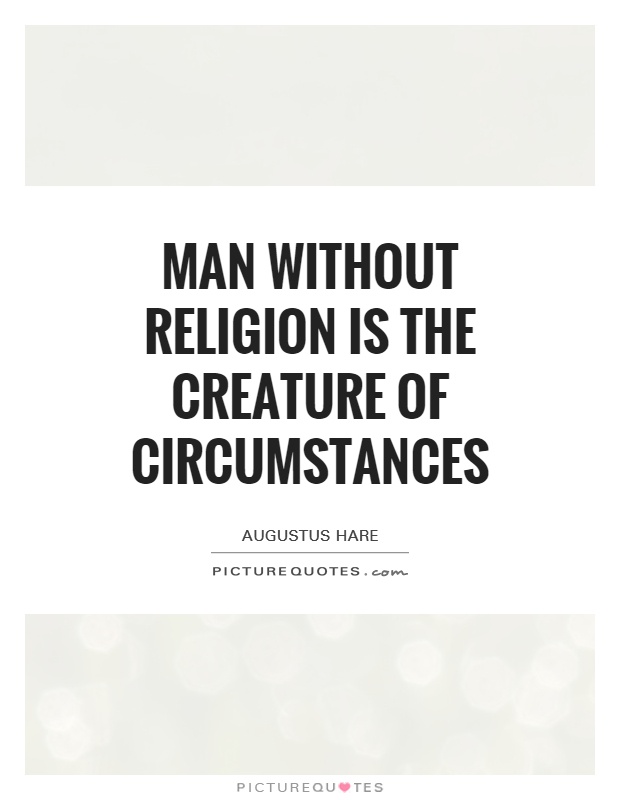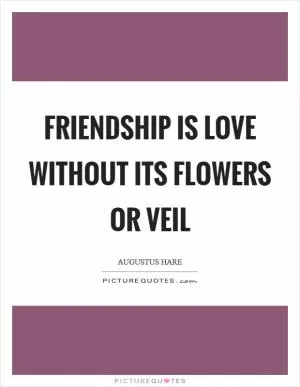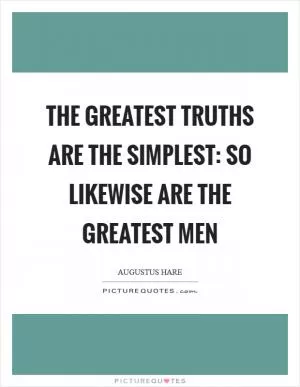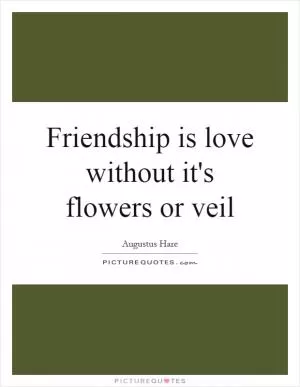Man without religion is the creature of circumstances

Man without religion is the creature of circumstances
Augustus Hare, a 19th-century English writer and raconteur, once famously said, "Man without religion is the creature of circumstances." This statement speaks to the idea that without a moral compass or belief system, individuals are at the mercy of external forces and influences, rather than being guided by a higher power or set of principles.Hare's assertion can be interpreted in a variety of ways, but at its core, it suggests that without a sense of spirituality or faith, individuals are more likely to be swayed by the circumstances and pressures of the world around them. In the absence of a guiding belief system, people may be more susceptible to the whims of society, culture, and personal desires, rather than being grounded in a set of values that transcend the material world.
Religion, for many people, provides a sense of purpose, meaning, and direction in life. It offers a framework for understanding the world, making moral decisions, and finding solace in times of hardship. Without this foundation, individuals may struggle to navigate the complexities of existence and may find themselves adrift in a sea of competing influences.
Hare's statement also suggests that religion serves as a bulwark against the uncertainties and challenges of life. By providing a sense of stability and continuity, faith can help individuals weather the storms of adversity and find strength in times of weakness. Without this anchor, people may be more vulnerable to the vicissitudes of fate and may lack the resilience needed to overcome obstacles.
Furthermore, religion can offer a sense of community and belonging, connecting individuals to something greater than themselves. In the absence of this communal support, people may feel isolated and disconnected from others, leading to feelings of alienation and despair.












 Friendship Quotes
Friendship Quotes Love Quotes
Love Quotes Life Quotes
Life Quotes Funny Quotes
Funny Quotes Motivational Quotes
Motivational Quotes Inspirational Quotes
Inspirational Quotes